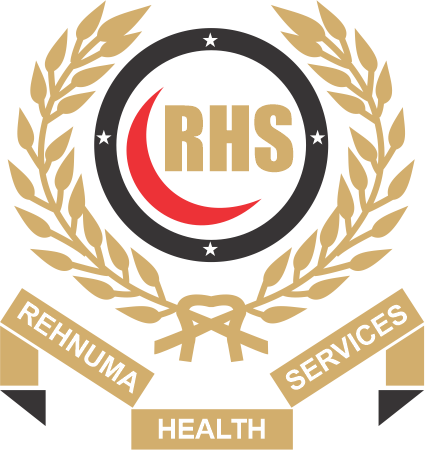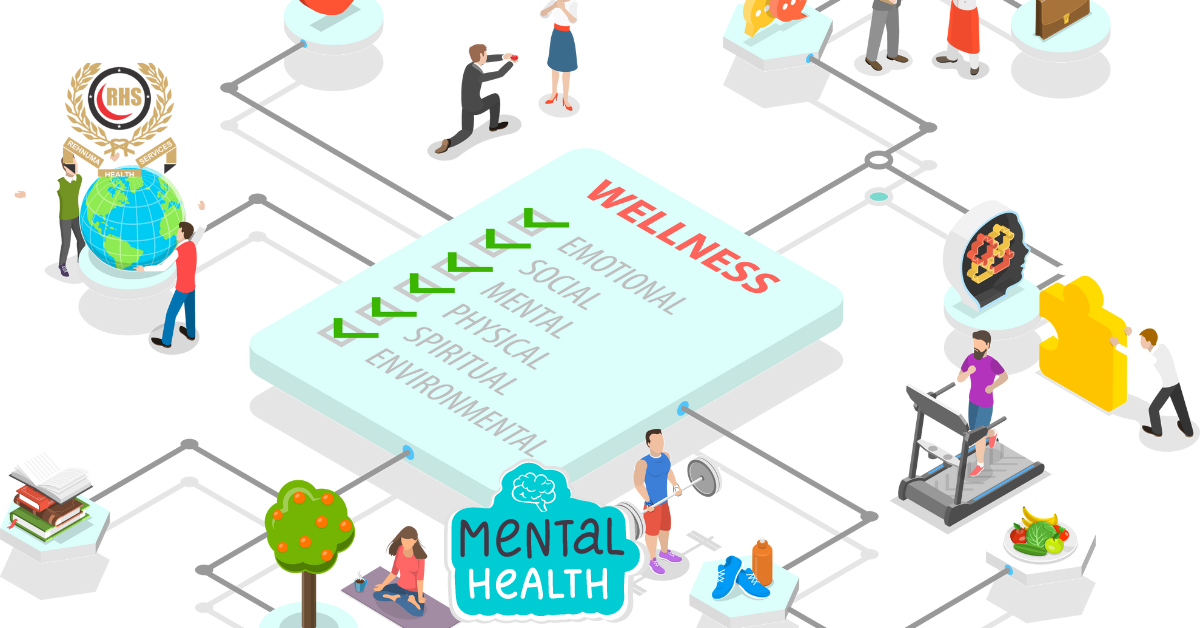In today’s fast-paced, high-stress world, mental health issues such as depression are becoming increasingly prevalent. The weight of daily stressors, combined with personal and professional pressures, often leads to mental exhaustion and despair. For many individuals, traditional treatment methods may not provide the comprehensive, holistic healing needed for long-term recovery. This is where mental health retreat for Depression come into play. At Rehnuma Health Services, we understand the profound impact depression can have on an individual’s life, and we are dedicated to offering compassionate, comprehensive care to our community in Islamabad and Rawalpindi.
What is Depression?
Depression is more than just feeling sad or experiencing a bad day. It is a serious mental health condition characterized by persistent feelings of sadness, hopelessness, and a lack of interest or pleasure in activities. It can affect how you think, feel, and handle daily activities. According to the World Health Organization (WHO), depression is the leading cause of disability worldwide, affecting more than 264 million people.
Symptoms of Depression
The symptoms of depression can vary widely but generally include:
- Persistent sad, anxious, or “empty” mood
- Loss of interest or pleasure in hobbies and activities
- Decreased energy or fatigue
- Difficulty concentrating, remembering, or making decisions
- Insomnia or oversleeping
- Appetite or weight changes
- Thoughts of death or suicide, or suicide attempts
What is a Mental Health Retreat?
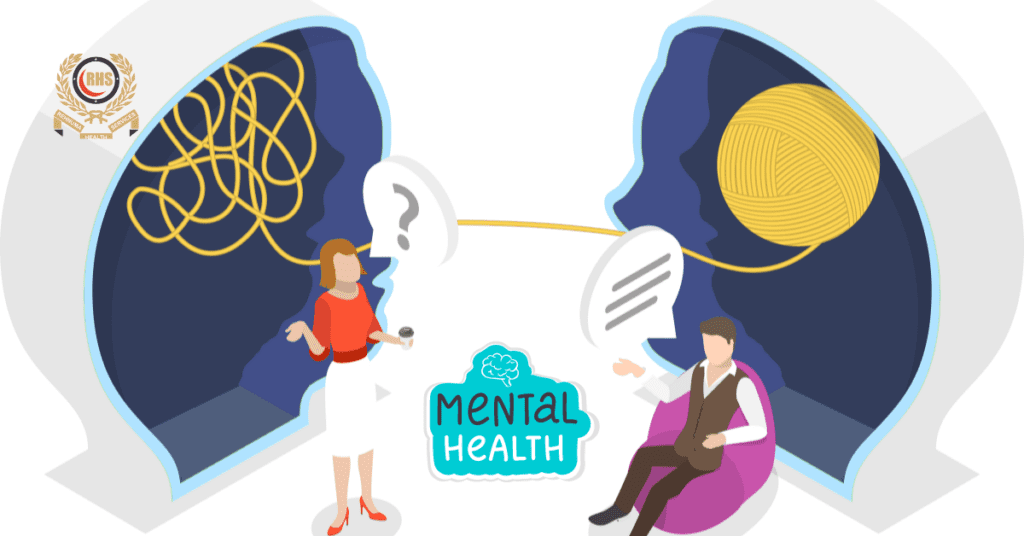
A mental health retreat is a specialized program designed to provide a safe, supportive environment where individuals can focus on their mental health and well-being. These retreats offer therapeutic activities, counseling, and wellness practices aimed at helping participants manage their symptoms and develop coping strategies. Unlike traditional clinical settings, mental health retreats emphasize holistic healing, incorporating physical, emotional, and spiritual health.
Benefits of a Mental Health Retreat for Depression
1. Focused Attention on Healing
One of the primary benefits of a mental health retreat is the opportunity to focus entirely on your well-being without the distractions of everyday life. The serene environment and structured programs allow for deep, uninterrupted healing.
2. Professional Support
Mental health retreats are staffed by experienced professionals, including therapists, counselors, and wellness coaches. These experts provide personalized care tailored to your specific needs, ensuring you receive the best possible support.
3. Holistic Approach
Mental health retreats often incorporate a variety of therapeutic modalities, including cognitive-behavioral therapy (CBT), mindfulness meditation, yoga, and nutritional counseling. This holistic approach addresses the mind, body, and spirit, promoting overall well-being.
4. Community and Connection
Depression can be an isolating experience. At a mental health retreat, you have the opportunity to connect with others who are facing similar challenges. This sense of community can be incredibly supportive and healing.
5. Learning Coping Strategies
Retreats offer practical tools and strategies for managing depression. Through workshops and individual sessions, you can learn techniques for coping with stress, improving self-care, and enhancing your overall quality of life.
What to Expect at a Mental Health Retreat
Personalized Assessment
Upon arrival, participants undergo a comprehensive assessment to identify their specific needs and goals. This assessment helps create a personalized treatment plan tailored to their unique situation.
Daily Schedule
Mental health retreat for depression typically have a structured daily schedule that includes a mix of therapeutic sessions, physical activities, and relaxation time. Here’s an example of what a typical day might look like:
- Morning: Yoga or meditation session
- Mid-morning: Group therapy or individual counseling
- Afternoon: Nutritional workshop or creative therapy (e.g., art or music therapy)
- Evening: Mindfulness meditation or relaxation techniques
Therapeutic Activities
Therapeutic activities are a core component of mental health retreats. These activities help participants explore their emotions, develop coping strategies, and promote healing. Common activities include:
- Cognitive-behavioral therapy (CBT): A form of psychotherapy that helps individuals identify and change negative thought patterns and behaviors.
- Mindfulness Meditation: A practice that encourages present-moment awareness and reduces stress.
- Art and Music Therapy: Creative therapies that allow for self-expression and emotional release.
- Exercise and Physical Activity: Regular physical activity can significantly improve mood and overall well-being.
- Nutritional Counseling: Understanding the connection between diet and mental health and learning to make healthier food choices.
Choosing the Right Mental Health Retreat
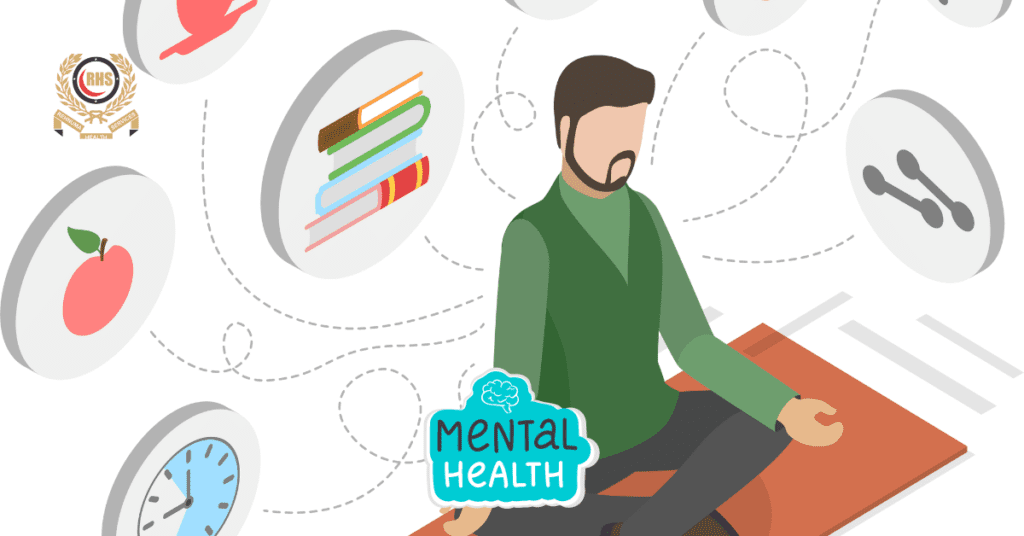
When selecting a mental health retreat for Depression, it’s essential to consider several factors to ensure it meets your needs:
1. Location
The retreat’s location can significantly impact your experience. Look for a place that offers a peaceful, natural setting where you can relax and rejuvenate.
2. Professional Staff
Ensure the retreat is staffed by qualified professionals, including licensed therapists, counselors, and wellness experts. Check their credentials and experience in treating depression.
3. Program Structure
Review the retreat’s program structure to ensure it offers a balanced mix of therapeutic activities, relaxation, and personal time. A well-rounded program is crucial for holistic healing.
4. Duration
Mental health retreats can vary in length, from a few days to several weeks. Consider how much time you can realistically dedicate to the retreat and choose a program that fits your schedule.
5. Cost
Cost is an important consideration. While mental health retreats can be expensive, many offer payment plans or financial assistance. It’s essential to find a retreat that fits your budget while still providing high-quality care.
Preparing for a Mental Health Retreat for Depression
Before attending a mental health retreat, it’s essential to prepare mentally and practically. Here are some steps to help you get ready:
1. Set Clear Goals
Identify what you hope to achieve during the retreat. Having clear goals can help you stay focused and motivated throughout the program.
2. Communicate with the Retreat Staff
Reach out to the retreat staff to discuss any specific needs or concerns you may have. This communication ensures that the retreat can accommodate your requirements and provide the best possible experience.
3. Pack Appropriately
Pack comfortable clothing suitable for physical activities and relaxation. Don’t forget to bring any necessary medications, personal care items, and a journal for self-reflection.
4. Inform Loved Ones
Let your family and friends know where you’ll be and how to reach you in case of an emergency. It’s also helpful to inform your support network about your goals and intentions for the retreat.
During the Retreat: Making the Most of Your Experience
1. Embrace the Process
Be open to the retreat experience and embrace the process of healing. Trust the professionals guiding you and actively participate in the activities and sessions.
2. Connect with Others
Build connections with fellow participants. Sharing your experiences and listening to others can be incredibly supportive and provide a sense of community.
3. Practice Self-Care
Take time for self-care during the retreat. Engage in activities that bring you joy and relaxation, such as reading, walking in nature, or practicing mindfulness.
4. Reflect and Journal
Use a journal to reflect on your experiences, thoughts, and emotions during the retreat. Writing can be a powerful tool for self-discovery and healing.
After the Retreat: Continuing Your Healing
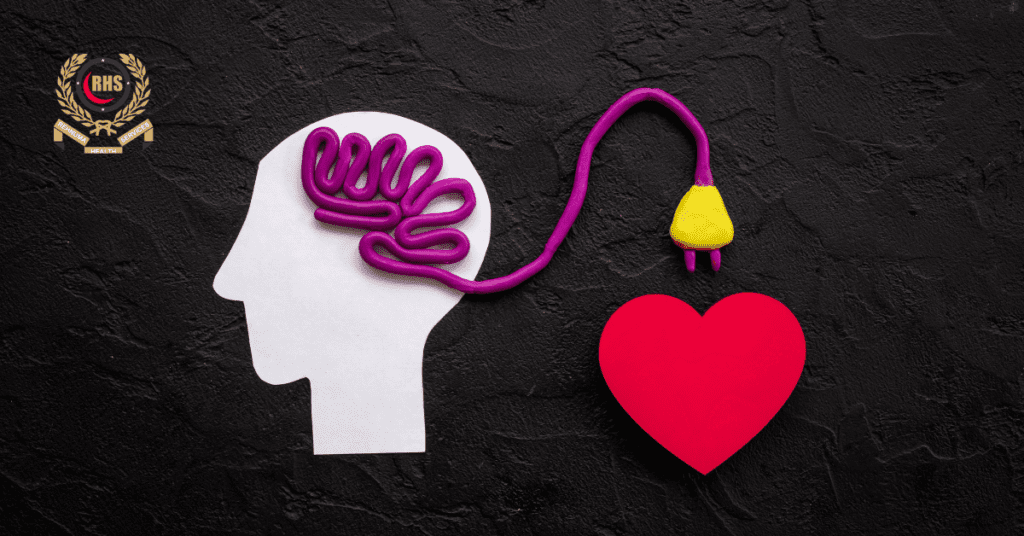
The end of the retreat doesn’t mean the end of your healing journey. Here are some steps to help you maintain your progress:
1. Follow Up with Therapy
Continue therapy sessions with a licensed therapist to build on the progress you made during the retreat. Regular therapy can help you stay on track and address any ongoing challenges.
2. Implement Learned Strategies
Apply the coping strategies and techniques you learned during the retreat to your daily life. Practice mindfulness, engage in physical activity, and maintain a healthy diet to support your mental health.
3. Stay Connected
Stay in touch with the friends and connections you made during the retreat. Having a support network can be incredibly beneficial for your continued healing.
4. Set Realistic Goals Set realistic, achievable goals for your mental health and overall well-being. Celebrate your progress and be patient with yourself as you continue to heal.
The Role of Rehnuma Health Services
At Rehnuma Health Services, we are dedicated to providing comprehensive, compassionate care for individuals struggling with depression and other mental health issues. Our mental health retreats are designed to offer a safe, supportive environment where you can focus on your well-being and healing.
Our retreats incorporate a holistic approach, including therapeutic activities, counseling, and wellness practices, to address the mind, body, and spirit. We are committed to helping you develop the tools and strategies necessary for long-term recovery and improved quality of life.
Conclusion
Depression is a challenging condition, but with the right support and care, recovery is possible. Mental health retreats offer a unique, holistic approach to healing, providing the time, space, and professional guidance needed to address the complexities of depression. If you or a loved one is struggling with depression, consider the transformative potential of a mental health retreat.
At Rehnuma Health Services, we are here to support you on your journey to wellness. Our mental health retreats are designed to provide comprehensive, compassionate care tailored to your unique needs. Take the first step towards healing and discover the benefits of a mental health retreat.
FAQs
What does it mean to mentally retreat?
Mentally retreating involves taking a step back from stressful situations or overwhelming thoughts to focus on self-care and relaxation. It can mean finding a quiet place to reflect, meditate, engage in a hobby, or simply take time off from daily responsibilities. The goal is to recharge mentally and emotionally, helping to regain clarity, reduce stress, and improve overall mental well-being.
What is the purpose of a mental health organization?
The purpose of a mental health organization is to promote mental well-being, prevent mental health issues, and provide support and treatment for those affected by mental health conditions. These organizations aim to raise awareness, reduce stigma, offer education and resources, and advocate for policies that support mental health. They often provide services such as counseling, therapy, support groups, crisis intervention, and educational programs.
How to stop struggling with mental health?
Stopping the struggle with mental health involves several steps:
- Seek Professional Help: Consult with a mental health professional, such as a therapist or psychiatrist.
- Build a Support System: Surround yourself with supportive friends and family.
- Practice Self-Care: Engage in activities that promote physical and mental well-being, such as exercise, healthy eating, and adequate sleep.
- Mindfulness and Relaxation Techniques: Incorporate practices like meditation, yoga, or deep breathing exercises.
- Set Realistic Goals: Break tasks into manageable steps and avoid overwhelming yourself.
- Avoid Substance Abuse: Steer clear of alcohol and drugs, which can worsen mental health issues.
- Educate Yourself: Learn about your condition to understand and manage it better.
What is a mental health break called?
A mental health break is often referred to as a “mental health day.” This is a day taken off from work, school, or daily responsibilities specifically to focus on one’s mental well-being. It is a time to rest, relax, and recharge to help manage stress and prevent burnout.
If you or someone you know is struggling with depression, don’t wait. Reach out to Rehnuma Health Services today to learn more about our mental health retreats and how we can help you on your path to recovery. Visit our website Rehnuma Health Services or contact us directly to take the first step towards a healthier, happier future. Your journey to healing starts now.
